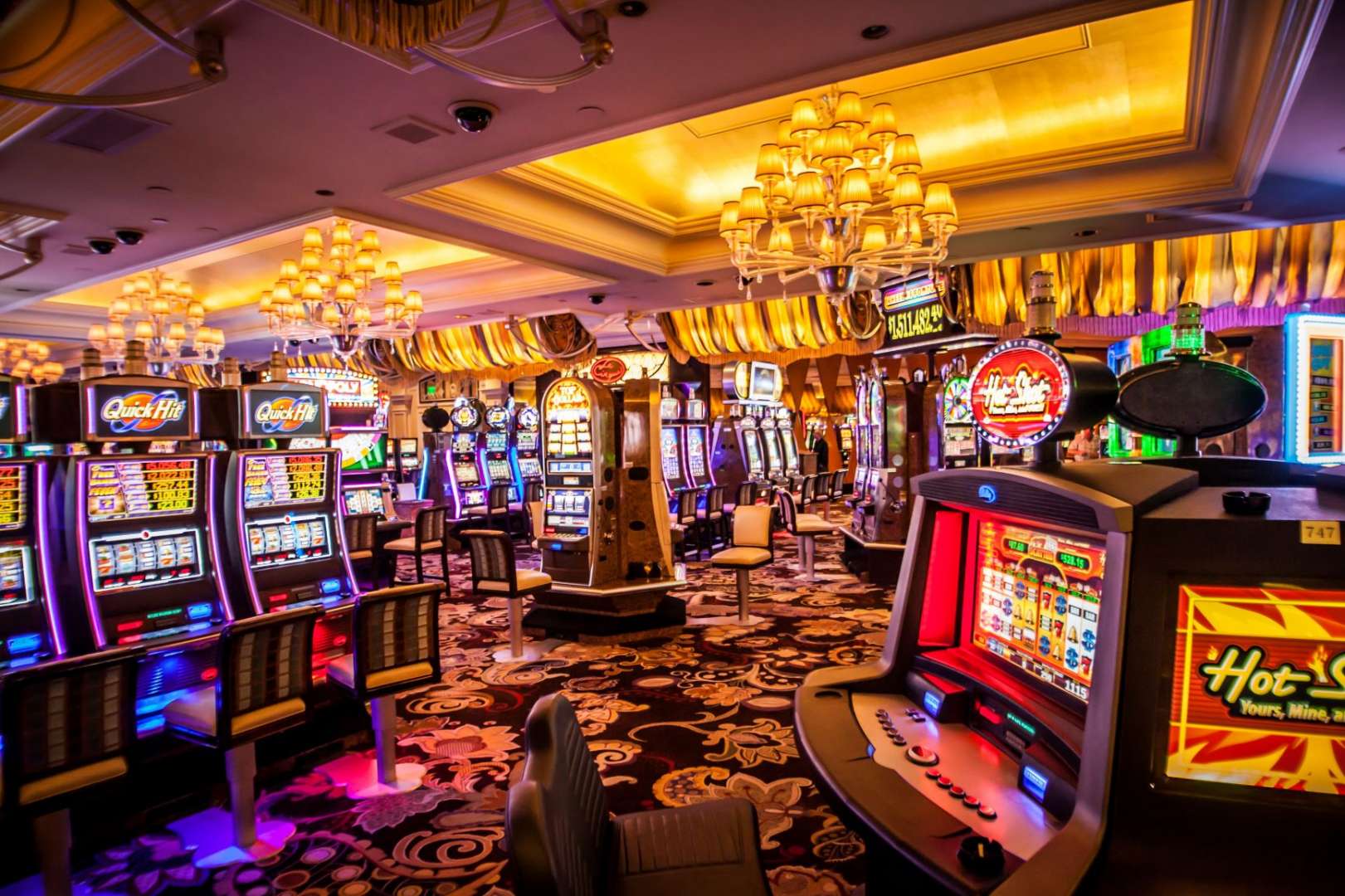Gambling in casinos has long been a topic of interest and controversy, attracting millions of players around the world. With a blend of luck, skill, and the thrill of risk, casino games offer an exciting escape from everyday life. However, as entertainment becomes ever more available, it calls for a more thorough examination of the morality surrounding these games.
At the heart of the discussion lies the question of whether casinos promote responsible gaming or take advantage of at-risk individuals. The allure of potential winnings versus the truth of losses can create a complex situation, and understanding this balance is crucial for both players and operators. As we delve into the ethics of casino gaming, we will explore the duties of casinos, the effects on society, and the steps that can be taken to foster a healthier gaming environment.
The Impact of Casino Gaming on Society
Gambling in casinos has a notable influence on societal dynamics, affecting not only the economy but also interpersonal dynamics and community structures. The revenue generated from casinos can lead to employment opportunities and boost regional economies, as they provide various employment opportunities in multiple fields including food and beverage, leisure activities, and retail. Luk88 However, while the financial benefits can be significant, communities often grapple with the potential negative impacts that arise from higher gambling activity.
Moreover, the presence of casinos can lead to an rise in gambling addiction, presenting significant challenges for individuals and families. The thrill of casino games can quickly evolve into a habitual habit, affecting personal relationships and leading to monetary issues. Many players may struggle with the loss of control over their gambling behaviors, resulting in a need for community support services and help to address this increasing issue. The social cost of gambling addiction can extend through families and neighborhoods, creating an urgent need for sensible gambling approaches.
In addition to the economic and social ramifications, casino gaming often showcases cultural attitudes towards uncertainty and leisure. It can foster a sense of joy and leisure, attracting visitors and boosting local travel. However, this allure may also mask the wider implications of gambling as a method of entertainment, raising ethical questions about its advertisement and accessibility. As communities weigh the benefits and drawbacks of casino gaming, the need for sensible approaches and oversight becomes increasingly critical in ensuring that the beneficial elements are enhanced while minimizing the negative effects.
Ethical Issues in Gambling Activities
The morality of casino operations often center around the risk for dependency and its effects on individuals and households. Betting can lead to significant financial distress, impacting not only the betters but also their families. As individuals become caught in the appeal of winning, many lose sight of their budget, which can result in devastating results such as bankruptcy. This poses ethical questions about the duty of casinos in promoting safe gambling habits and offering support for those who may be dealing with gambling addiction.
Another major issue is the advertising of betting to vulnerable groups. Gambling establishments often target low-income people or neighborhoods with the offer of quick rewards, which can continue patterns of financial struggle and despair. In this situation, the ethics of advertising strategies used by casinos come under scrutiny, as they may take advantage of the need of people seeking an way out from economic troubles. This exploitation raises ethical questions about the honesty of the gambling industry and its responsibility to protect its most at-risk customers.
Additionally, the effect of casino gaming on the community as a whole cannot be overlooked. While some argue that casinos create jobs and stimulate local economies, others point to the community costs associated with dysfunctional betting, increased criminal rates, and a strain on public resources. Balancing financial advantages with the potential for community issues presents a complex ethical dilemma for policymakers and casino operators alike. The challenge lies in finding a responsible approach that prioritizes the welfare of people and society while still permitting for the enjoyment of casino activities.
Regulatory Structure and Duties
The oversight structure pertaining to gaming operations is designed to ensure fairness, integrity, and gambler security. Different government agencies and casino commissions establish and enforce regulations that dictate how gambling activities operate, the criteria for product design, and the protocols for managing rewards. These regulations differ by region but usually involve permit requirements for operators and rigorous measures to avoid fraud and fraud.
In furthermore to oversight bodies, gaming establishments bear considerable responsibility in preserving principled standards within their facilities. They must enforce safe player practices that encourage player security and education, including presenting self-ban options and providing information about the risks related to gaming. Establishments are also responsible for instructing employees to identify signs of difficult betting and know the proper steps to help patrons in distress.
Moreover, transparency in casino operations is essential for gaining and preserving public trust. Casinos should offer clear details about the chances of activities, advertising opportunities, and any related hazards. By creating an environment of integrity and trust, operators can help lessen the potential harmful impact of gambling while enhancing the general betting experience for all gamblers.

